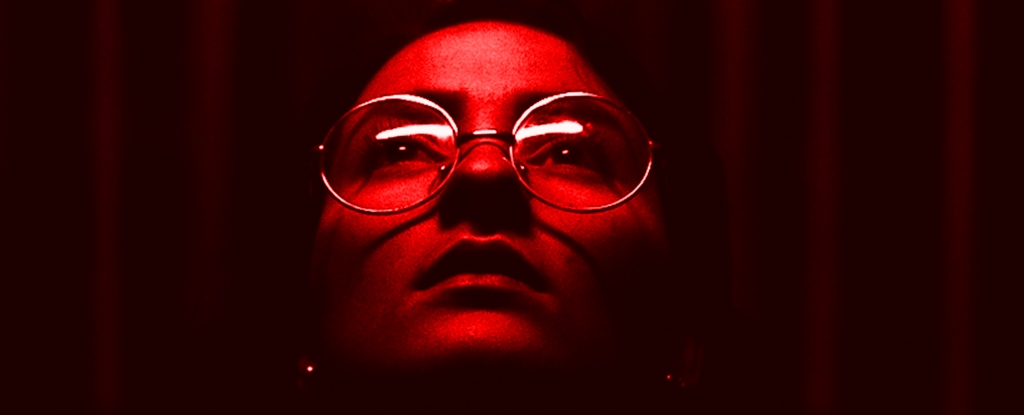Night Owls Beware: New Study Reveals Higher Depression Risk for Late Sleepers
A groundbreaking study has revealed a concerning link between being a night owl and an increased risk of depression. While night owls—those who prefer staying up late and waking up later—often pride themselves on their productivity during nighttime hours, new research suggests this habit may come at a mental health cost. This article explores the latest findings, the science behind the connection, and practical steps night owls can take to mitigate risks while maintaining their preferred sleep schedule.
The Science Behind Night Owls and Depression
A recent study published in ScienceAlert found that individuals with a natural tendency to stay up late face a significantly higher risk of depression compared to early risers. Researchers analyzed sleep patterns and mental health data from thousands of participants, uncovering a clear correlation between late sleep timing and depressive symptoms.

Caption: A person working late at night—studies suggest night owls may face higher depression risks due to circadian misalignment. The key factor appears to be circadian misalignment—when a person’s internal body clock is out of sync with societal schedules. Most workplaces and schools operate on an early-riser timetable, forcing night owls to function against their natural rhythm. This chronic misalignment can lead to: - Sleep deprivation (due to insufficient or poor-quality sleep) - Increased stress hormone levels (such as cortisol) - Lower serotonin production (a neurotransmitter linked to mood regulation)
Why Night Owls Are More Vulnerable
1. Social Jet Lag
Night owls often experience "social jet lag," where their biological sleep preferences clash with societal expectations. Constantly battling this mismatch can lead to chronic fatigue, irritability, and heightened stress—all of which contribute to depression.
2. Reduced Sunlight Exposure
Early risers benefit from more natural sunlight, which helps regulate mood-boosting hormones like serotonin and melatonin. Night owls, who may sleep through peak daylight hours, miss out on this crucial biological advantage.
3. Lifestyle Factors
Late-night habits often coincide with: - Unhealthy eating patterns (late-night snacking, skipped breakfasts) - Sedentary behavior (less physical activity due to irregular schedules) - Social isolation (fewer daytime social interactions) These factors compound the risk of developing depressive symptoms.
Real-World Implications for Professionals
For business professionals, the findings are particularly relevant. Many high-achieving individuals adopt late-night work habits, believing they’re more productive after hours. However, the long-term mental health consequences could outweigh short-term gains. Example: A tech entrepreneur working late to meet deadlines may experience initial productivity boosts but could suffer from burnout and depressive episodes over time.
Can Night Owls Reduce Their Risk?
The good news? Night owls aren’t doomed to depression—adjustments can help mitigate risks.
1. Gradual Sleep Schedule Adjustments
- Shift bedtime earlier by 15-30 minutes per week - Use light therapy lamps in the morning to simulate sunlight
2. Optimize Nighttime Productivity Without Sacrificing Health
- Set a hard cutoff time for work-related tasks - Prioritize sleep hygiene (dark room, no screens before bed)
3. Leverage Flexibility Where Possible
- Negotiate flexible work hours if your job allows - Schedule critical tasks during peak alertness periods
Conclusion: Balancing Productivity and Well-Being
While night owls may thrive creatively and professionally during late hours, the heightened depression risk is a serious consideration. By understanding the biological and lifestyle factors at play, individuals can take proactive steps to protect their mental health without abandoning their natural rhythms entirely. For businesses, fostering flexible work environments that accommodate different chronotypes could lead to healthier, more productive teams. The key takeaway? Listen to your body, prioritize sleep, and find a sustainable balance. Would you consider adjusting your sleep habits after reading this? Share your thoughts in the comments! --- Disclaimer: This article is for informational purposes only and does not constitute medical advice. Consult a healthcare professional for personalized recommendations.